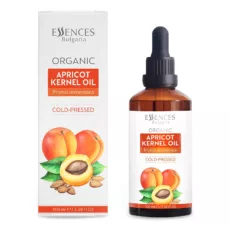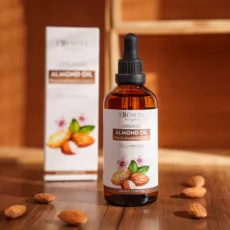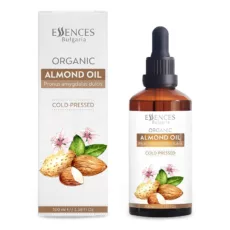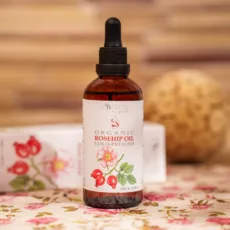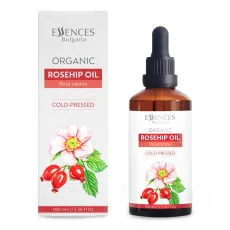Apricot
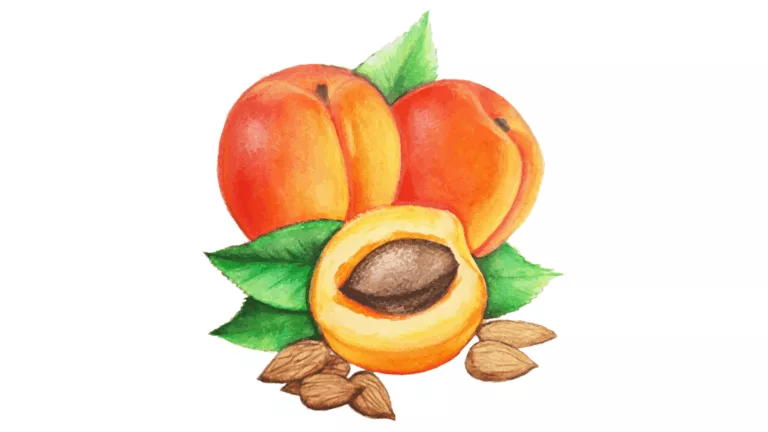
The apricot (Prunus armeniaca) is a tall fruit tree belonging to the rose family (Rosaceae). The word “apricot” derives from the Latin praecoquum, meaning “to ripen early,” because the apricot tree blossoms at the beginning of spring.
Apricots are small, sweet, golden-orange fruits with a soft, velvet-like surface. Their golden-orange color and velvety skin make apricots irresistible. It’s no wonder the ancient Persians called them “sun eggs,” while in Greek mythology they were called “golden apples” and “the golden eggs of the sun.” At their peak, from June to August, freshly ripened, fragrant apricots are naturally sweet and juicy—like a drop of golden summer sunshine.
The apricot has been known since distant prehistoric times. Its origin is uncertain. Most researchers accept that its homeland is northern China. Others hold that it comes from Armenia, where apricot pits dating back to deep antiquity have been found. Supporting the Armenian theory is the fact that the Latin name Prunus armeniaca literally means “Armenian plum.” In Armenia, the wood of apricot trees is used to create all sorts of woodcarvings. The wind instrument known as the duduk is just such a work of art, carved from this wood.
The first mentions of apricot kernel oil date from 3000 BCE. In traditional Chinese medicine apricots are recommended for the treatment of tumors, ulcers, and anemia, while the kernels have a soothing effect on coughs. The Chinese associate the apricot with education and medicine, because a 4th-century BCE Chinese philosopher recounts that Confucius taught his students using apricot wood as material.
The word’s first appearance in English is in William Turner’s New Herbal, published in 1551. The father of English botany describes the apricot as “smaller than other peaches” and mentions the apricot tree. Shakespeare also knew apricots. In Richard II the queen’s gardener speaks of apricot trees heavy with fruit; in A Midsummer Night’s Dream apricots are listed as a luxury fruit along with blackberries.
In the language of the Hunza people, the name of apricot kernel oil is hani-e-dell, which literally means “drops of the sun.” Researchers have shown that the year-round consumption of fresh and dried apricots in large quantities is the reason for the robust health and high proportion of centenarians among the Hunza, who inhabit the high mountain regions of Pakistan. Apricots have exceptionally high nutritional value. They contain vitamins A, C, K, and E, as well as trace elements such as potassium, manganese, magnesium, and phosphorus.
Apricot kernels have a strong, bitter taste, which is why in cooking they are known as apricot almonds or bitter almonds. What makes apricot kernels so prized is their content of the glycoside amygdalin (which causes the kernels’ bitter flavor), called vitamin B17 by the chemist Ernst Krebs, although it is not in fact a vitamin. It has been scientifically proven, the text asserts, that this “vitamin,” which includes a cyanide compound, helps greatly in the fight against cancer.

